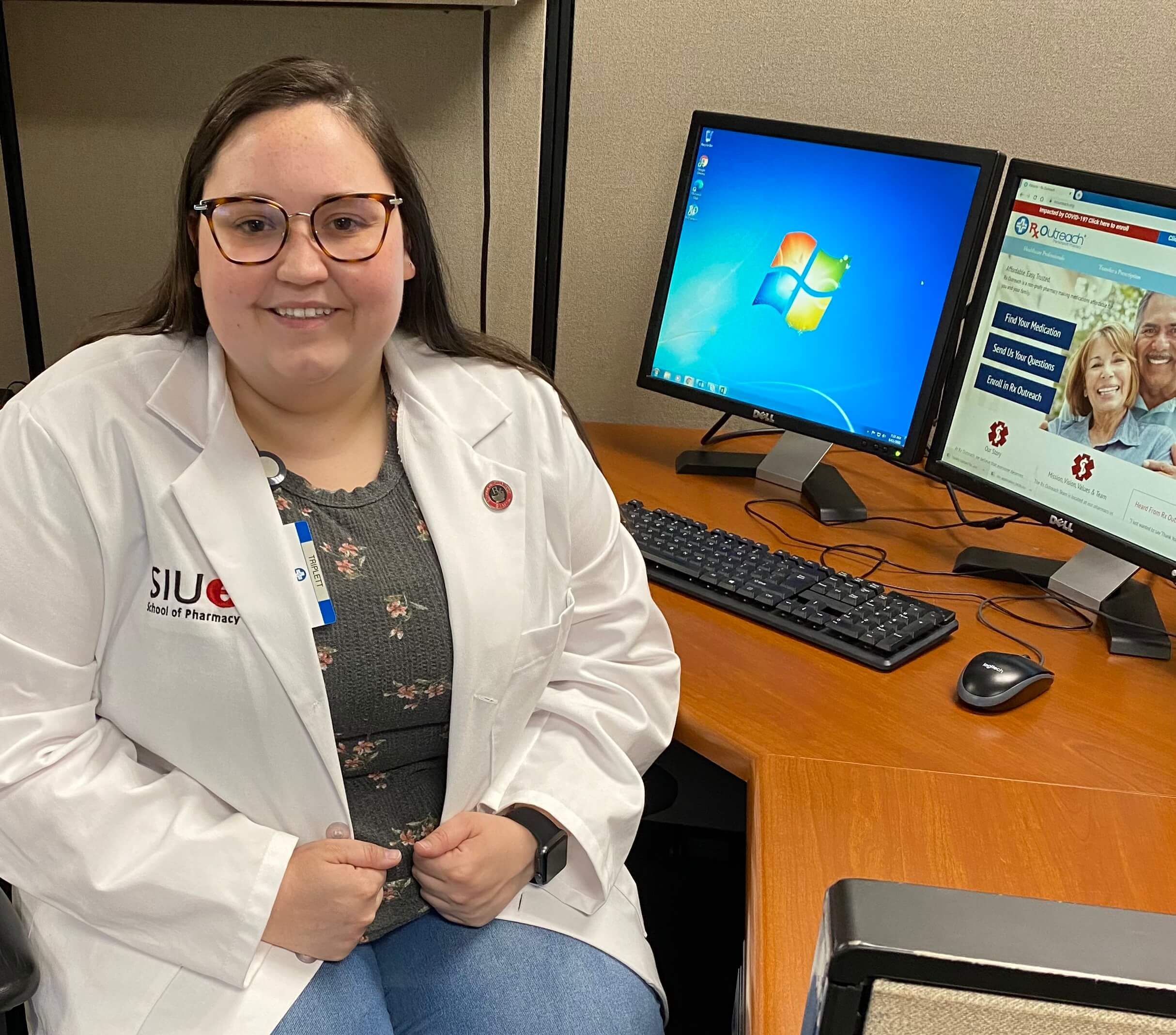
You are NOT alone.
What is Mental Illness/Health?
According to the CDC, mental illnesses are conditions that affect a person’s thinking, feeling, mood or behavior. Mental health relates to our emotional, mental, and social well-being.
Mental Illness Impact
Mental illness is more common than you might think. According to the National Alliance on Mental Illness (NAMI), 1 in 5 U.S. adults experiences mental illness each year. That is 51.5 million people (20.6% of the U.S. population). It is likely that you or someone you know struggles with their mental health.
Mental illness can have a massive impact on your health if not treated. According to the CDC, people that experience serious mental illness have an increased risk for chronic diseases. These diseases include diabetes, heart disease, and stroke.
The COVID-19 pandemic has had a significant impact on mental illness. There has been an increase in the abuse of drugs (legal and illegal) and alcohol to self-treat mental illness. According to Mental Health America, the COVID-19 pandemic has led to changes in our physical and social environments. This causes higher rates in feelings of isolation and loneliness, financial hardship, housing, and food uncertainty, and relationship violence. Any of the above factors can affect mental health, but the combination has created a nationwide mental health crisis.
Treatment of Mental Illnesses
Less than half of people suffering from mental illness seek treatment. Those suffering with mental illness may not seek treatment because of the stigma linked with mental illness. According to the National Council for Mental Wellbeing, almost half of all U.S. adults will experience a mental illness in their lifetime. Mental illness is not something to be ashamed of. You are not alone.
Finding a treatment option is not easy, and everyone’s treatment is different. Treatment options can include medication, counseling or therapy, social support, and education. Picking a treatment depends on your preference and the type of mental illness. Your doctor may be able to refer you to a mental health specialist or discuss the best type of treatment (therapy, medication, etc.) for you.
You are NOT alone
If you or someone you know is struggling with mental illness there are resources available to help. The resources listed below are open 24/7, 365 days a year, and are free to use.
National Suicide Prevention Lifeline: call 1-800-273-8255
Mental Health America Crisis Text Line: text MHA to 741741
Substance Abuse and Mental Health Services Administration (SAMHSA): call 1-800-662-4357
National Domestic Violence Hotline: call 1-800-799-7233
Veterans Crisis Line: call 1-800-273-8255
Resources:
COVID-19 and Mental Health: A Growing Crisis [Internet]. Mental Health America. 2020 [cited 2021May19]. Available from: https://mhanational.org/research-reports/covid-19-and-mental-health-growing-crisis
Learn About Mental Health - Mental Health - CDC [Internet]. Centers for Disease Control and Prevention. Centers for Disease Control and Prevention; 2018 [cited 2021May19]. Available from: https://www.cdc.gov/mentalhealth/learn/index.htm
Mental Health By the Numbers [Internet]. NAMI. National Alliance on Mental Illness; [cited 2021May19]. Available from: https://www.nami.org/mhstats
Mental Health Resources [Internet]. Mental Health First Aid. 2018 [cited 2021May19]. Available from: https://www.mentalhealthfirstaid.org/mental-health-resources/
5 Surprising Mental Health Statistics [Internet]. Mental Health First Aid. 2019 [cited 2021May19]. Available from: https://www.mentalhealthfirstaid.org/2019/02/5-surprising-mental-health-statistics/
About the author:
Samantha is a 4th year pharmacy student at Southern Illinois University Edwardsville, School of Pharmacy. She is looking forward to becoming a pharmacist to help others manage their medications and working with other healthcare professionals to find the best treatment plan possible for her patients. In her free time, Samantha enjoys spending time with her family, friends and her cats Winnie and Nemo.
